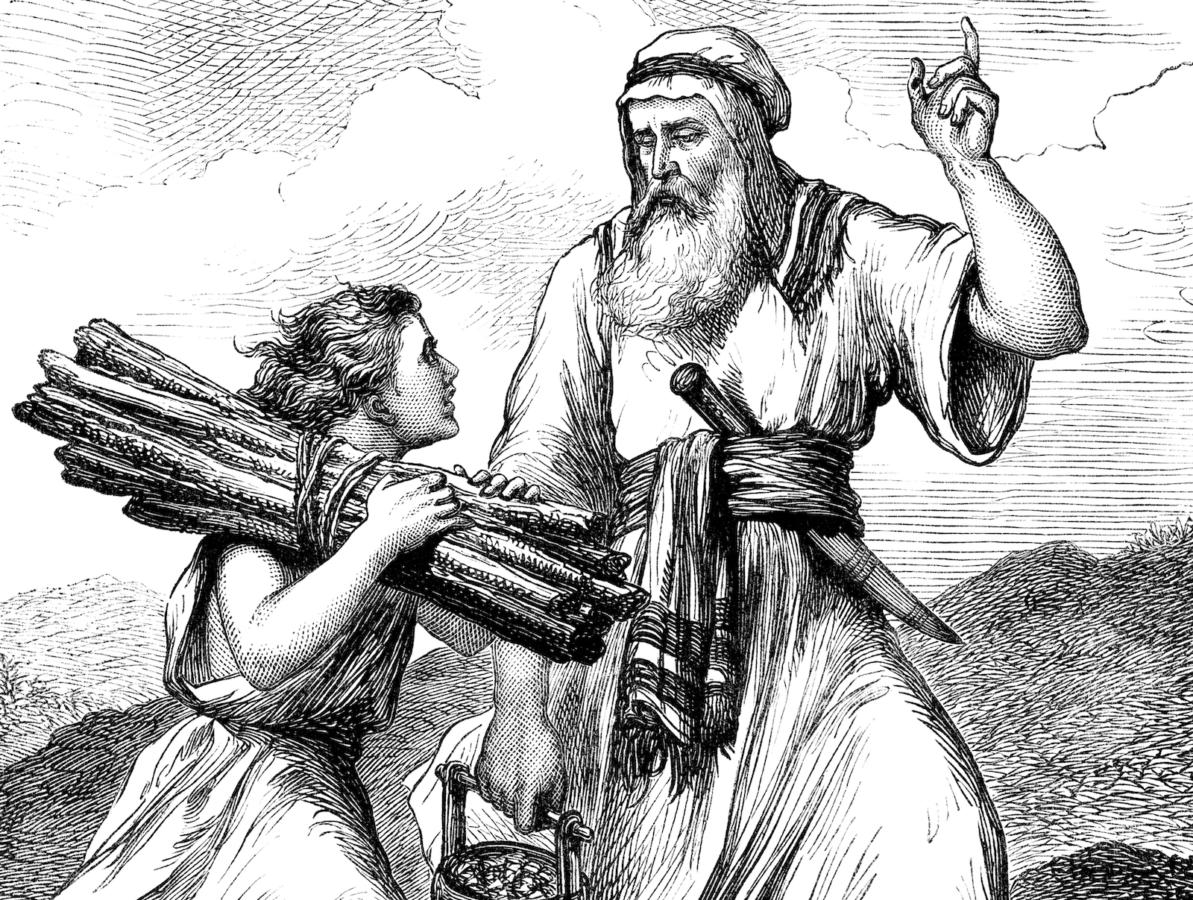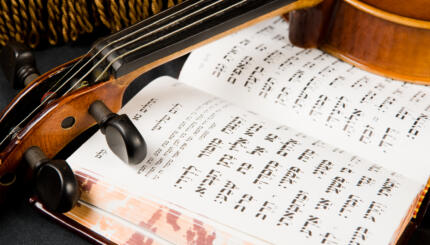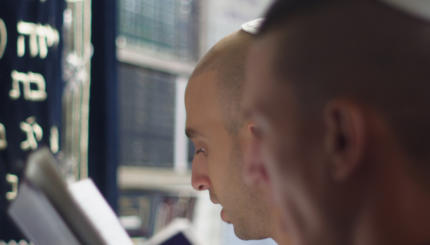The Amidah is the centerpiece of Jewish worship, an all-encompassing prayer of praise, supplication and gratitude recited three times every day. On weekdays, the bulk of it is made up of blessings asking God for a range of things, from healing to wisdom to rain. On Shabbat, it shifts to language describing the day of rest. The Amidah for festivals cites biblical passages referring to the specific holiday.
But regardless of when it is recited, every Amidah opens the same way.
בָּרוּךְ אַתָּה ה’ אֱלֹהֵינוּ וֵאלֹהֵי אֲבוֹתֵינוּ, אֱלֹהֵי אַבְרָהָם, אֱלֹהֵי יִצְחָק, וֵאלֹהֵי יַעֲקב
Blessed are You, Lord our God and God of our fathers, God of Abraham, God of Isaac and God of Jacob
Many liberal congregations recite a modified text that also includes the Jewish matriarchs: Sarah, Rebecca, Rachel, and Leah.
Why do we open the Amidah in this way? What spiritual dimension is added by turning to “the God of our ancestors”? And why is the text so repetitive, mentioning “God of” three times?

Help us keep Jewish knowledge accessible to millions of people around the world.
Your donation to My Jewish Learning fuels endless journeys of Jewish discovery. With your help, My Jewish Learning can continue to provide nonstop opportunities for learning, connection and growth.
The opening of the Amidah helps us enter the proper state of mind in offering this prayer, shifting our perspective from the narrow focus of our own limited experience to a wider lens that encompasses our place in the chain of Jewish lineage. We ask God to hear our prayer not on account of our own virtues, but because of God’s love of our ancestors. We pray that we have a fighting chance in God’s eyes because we are their descendants.
In Hebrew, this idea is called zechut avot, the merit of the ancestors. Addressing God in this way reminds not just us, but God as well of the unique relationships formed with our forbearers, our avot, in the Bible. All of Jewish understanding was first forged through our ancestors’ direct experience of God. And it is only through their deep-rooted faith that we today have the audacity to ask God for anything for ourselves.
The avot not only established our right to pray, but also our schedule of prayer. Abraham prayed in the morning, Isaac in the afternoon, and Jacob in the evening — practices reflected in the three daily prayer services today: shacharit, minchah and maariv. The three daily Amidah recitations provide three formal opportunities to stand before God as the avot did, connecting to our past while preserving our traditions for the future.
The avot also each had their own unique way of relating to God, and through their example we can find our own way of connecting with the divine. This helps explain the seemingly redundant phrase in the opening lines. Repeating “God of” suggests that the God of Abraham wasn’t precisely the God of Isaac and Jacob, which in turn invites us to ponder the nature of our own particular faith.
Abraham encountered God through theological inquiry and fearless debate. He heeded the call to leave his home and forge a new faith rooted in the belief in one God.
Isaac’s relationship was founded on submission. His very life was the fulfillment of a divine promise, and yet he was willing to give up his life because God commanded it. (Thankfully, this demand was only a test.)
Jacob is characterized by his unwavering faith through the highs and lows of a circuitous life. Even in the most challenging moments, through mortal fear and personal tragedy, Jacob never doubted that God was with him.
Reflecting on the character of our ancestors’ faith can inspire us to improve our own. Are we hospitable like Abraham and Sarah? Do we live by Isaac’s faith and take hold of Rebecca’s strength and generosity? Are we like Jacob, navigating life’s challenges without losing sight of God’s presence? Or like Rachel, who lent support to an exiled people, and Leah, with her legacy of quiet perseverance?
When we enter into the sacred space of prayer, our words are more than our own. We become tethered to a chain of faith that extends back to the ground zero of Jewish prayer. The Amidah invites us to tap into the wisdom of the ages and the deeds of our ancestors, asking that God’s ear open to us as we extend their legacy into our own.



